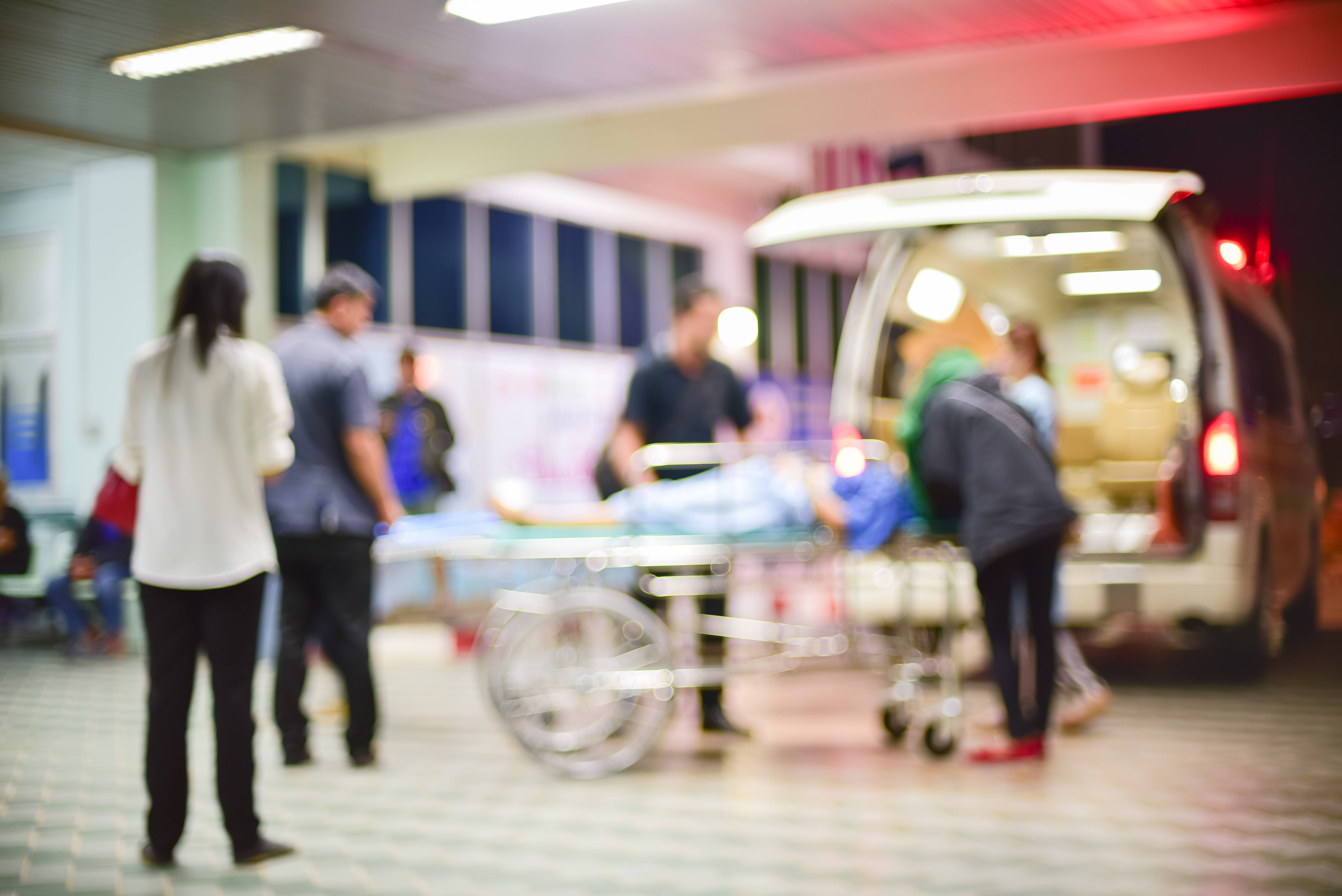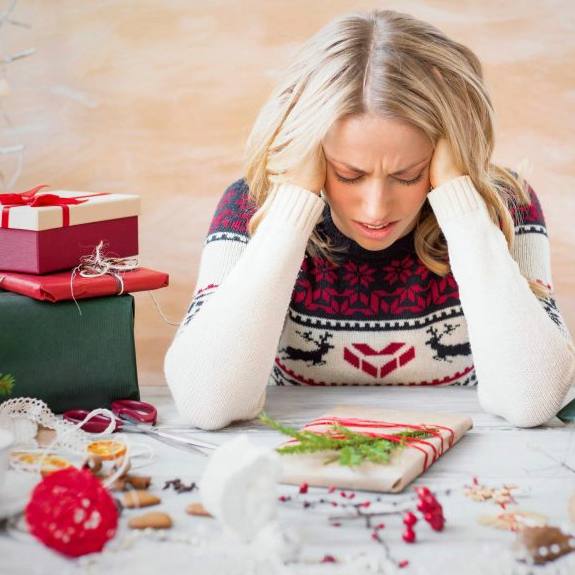
Celebrating the holidays safely
The end of the year is meant to be a festive time, with music, decorations and family and friends gathering to celebrate the various winter holidays. But, invariably, it is also a time when visits to the emergency department rise.
“We see a significant increase in ED visits on the days leading up and after the holidays, in part due to holiday-specific activities that people don’t routinely do on a daily basis,” says Dr. Michael Boniface, emergency medicine physician at Mayo Clinic.
Decking the halls ─ safely
While climbing ladders to decorate the outside of the house with lights may be commonplace in November and December, it contributes to an increased number of falls.
“Falls from heights of greater than 3-5 feet, depending on how you land, can result in hip fractures, internal bleeding, and head injuries and concussions,” says Dr. Boniface.
Safety is just as important inside the house, whether trimming the tree and adding other holiday adornment inside your home.
“It’s a fun time of year, but keep safety in mind, especially if you have children. We know they have a tendency to put things in their mouths, chew on them, eat them. This can be electrical extension cords going to your Christmas tree, garland or tinsel they find lying around. This can be small, little ornaments or decorations that they could lodge up their nose or aspirate into their lungs,” Dr. Boniface explains.
If you light candles, Dr. Boniface says keep them out of reach of children and animals that may knock them over. And never leave them burning unattended or go to sleep with flames still lit.
Watch: Dr. Boniface discusses holiday injuries.
Journalists: Broadcast-quality sound bites with Dr. Boniface are in the downloads.
Dr. Boniface also cautions that shrubs and plants, such as poinsettia and mistletoe, should be kept out of reach. Call Poison Control if you suspect ingestion.
“Regardless of where you are in the U.S., the phone number for Poison Control is 1-800-222-1222 (toll-free). You can call from anywhere in the country, and you’ll be connected to the local Poison Center,” he says Dr. Boniface.
Cooking-related injuries also increase in the winter months.
“A lot of times around the holidays, we may get more bumps, bruises, sprains and, particularly, cuts, burns and lacerations than we would other times,” says Dr. Boniface. “Although these may not seem serious at the time – and there’s a tendency to ignore certain injuries, because you don’t want to disrupt the holiday setting – I would urge you to seek medical attention, especially for cuts that don’t stop bleeding or deep lacerations. Delaying treatment of a laceration, for instance, by more than six hours greatly increases the chance of infection.”
O’er the hills and through the woods
Dr. Boniface says injuries resulting from car accidents increase during the holidays. “There is a big spike in motor vehicle-related injuries during the holidays – up to five times what we might normally see. Many people travel during the holidays and travel by car greater distances to see family members and friends. It’s best to ensure everyone is buckled up and any children are properly secured in child safety seats.”
Of course, he adds, “You should never drink and drive. Or text and drive.”
Sentimental feelings
The holidays often provide an opportunity to see family members whom we may not have seen in a long time. That brings two issues, he says.
“Very commonly, I see someone whose family brought them into the emergency department because they say they’re not really acting the same way or how we remember, although it may have been one, two, even more years since they’d last seen each other,” says Dr. Boniface.
“Certainly, if things aren’t quite the way they were one year ago, maybe some lapses in memory, maybe some confusion, that definitely still needs an evaluation but may be more appropriate to follow up with their primary doctor,” he adds.
Conversely, Dr. Boniface says seek immediate medical attention if you or a loved one is exhibiting signs or symptoms of heart attack, stroke or seizure.
“Many times, people tend to ignore their symptoms, because they don’t want to bring attention to themselves or disrupt the festivities with all their family around. But time is of the essence when it comes to treatment of certain conditions,” he says.
Symptoms that warrant immediate medical attention include:
- Chest pain
- Shortness of breath
- Facial droop
- Sudden visual changes
- Sudden onset of confusion
- Fainting or seizure







